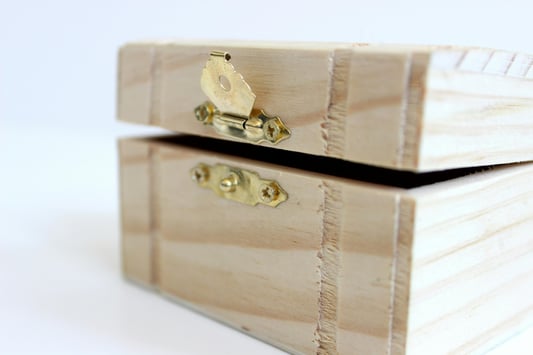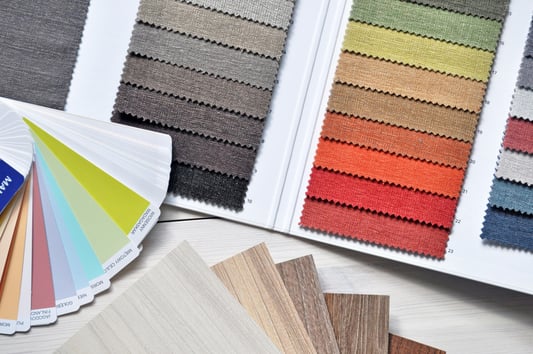Understanding Wool QuiltsWool quilts are a popular choice for bedding due to their natural breathability and insulating properties. Made from the wool of sheep, these quilts are known for their warmth and comfort.Quality ControlWhen purchasing a wool quilt, it is essential to inspect the quality of the product. Look for any signs of wear and tear, such as holes or loose stitching. A thorough inspection ensures that you are getting a high-quality quilt that will last for years to come.Inspecting Wool FibersTake a close look at the wool fibers used in the quilt. Quality wool should be soft, thick, and tightly woven. Avoid quilts with thin or rough fibers, as these may be less durable and prone to shedding.Checking for AllergensIf you have allergies, it is crucial to inspect the wool quilt for any potential allergens. Make sure the quilt has been properly cleaned and sanitized to remove dust mites and other allergens that can trigger reactions.Verifying StitchingInspect the stitching on the quilt to ensure that it is secure and even. Loose or uneven stitching can cause the quilt to lose its shape and insulation properties over time. A well-constructed quilt will have tight, uniform stitching throughout.Inspecting the Quilt CoverIn addition to the wool filling, pay attention to the quilt cover. Check for any rips, tears, or stains on the cover that could affect the overall appearance and longevity of the quilt. A clean and intact cover is essential for maintaining the quilt's quality.Smell TestGive the wool quilt a sniff to check for any unusual odors. A strong, musty smell could indicate that the quilt has not been properly cleaned or stored. A fresh, clean scent is a good indicator of a well-maintained quilt.Testing for Heat RetentionTo assess the quilt's heat retention capabilities, hold it up to a light source and see how much light passes through. A high-quality wool quilt should provide significant insulation, blocking out light and retaining heat effectively.Consulting Care InstructionsBefore purchasing a wool quilt, be sure to read and follow the care instructions provided by the manufacturer. Proper care and maintenance will help prolong the life of the quilt and ensure optimal performance.Professional InspectionIf you are uncertain about the quality of a wool quilt, consider having it professionally inspected. An expert can assess the quilt's condition and provide recommendations for maintenance or repairs.Quote InquiryContact us!










